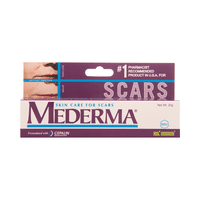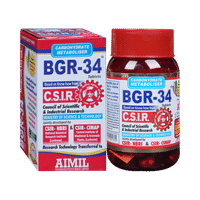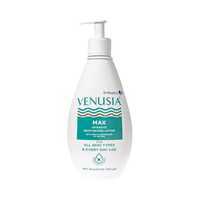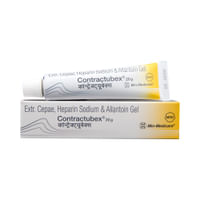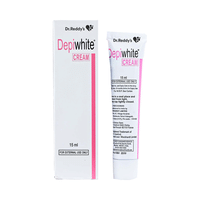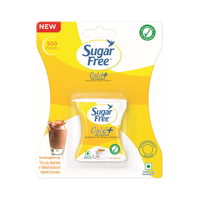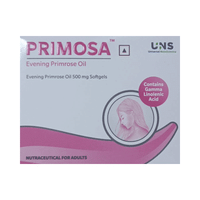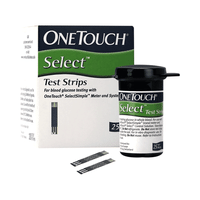Dexadine 50% Ointment
Rs.232for 1 tube(s) (10 gm Ointment each)
food interaction for Dexadine Ointment
alcohol interaction for Dexadine Ointment
pregnancy interaction for Dexadine Ointment
lactation interaction for Dexadine Ointment
medicine interaction for Dexadine Ointment
food
alcohol
pregnancy
lactation
medicine
No interaction found/established
No interaction found/established
Dexadine 50% Ointment is unsafe to use during pregnancy as there is definite evidence of risk to the developing baby. However, the doctor may rarely prescribe it in some life-threatening situations if the benefits are more than the potential risks. Please consult your doctor.
CONSULT YOUR DOCTOR
Dexadine 50% Ointment is unsafe to use during breastfeeding. Data suggests that the drug may cause toxicity to the baby.
UNSAFE
No interaction found/established
SALT INFORMATION FOR Dexadine 50% w/w Ointment
Cadexomer Iodine(50% w/w)
Dexadine ointment uses
{med_name} is used in the treatment of leg ulcers and diabetic ulcers.
How dexadine ointment works
Dexadine 50% Ointment is a iodophore, which releases free iodine. This free iodine works against bacteria, fungi and viruses. This is how it treats infection.
Common side effects of dexadine ointment
Pain, Swelling
SUBSTITUTES FOR Dexadine Ointment
No substitutes foundExpert advice FOR Dexadine Ointment
- Cadexomer Iodine should be used as per dose and duration suggested by the doctor.
- Make sure that ulcer area is clean properly before applying the medication.
- Dress the ulcer area properly to keep it clean and warm.
- Make sure that dressing does not get airtight or watertight.
- Avoid getting it in the eyes, mouth or nose. Rinse with cold water if you accidentally get it in these areas.
- Cadexomer Iodine should be used as per dose and duration suggested by the doctor.
- Make sure that ulcer area is clean properly before applying the medication.
- Dress the ulcer area properly to keep it clean and warm.
- Make sure that dressing does not get airtight or watertight.
- Avoid getting it in the eyes, mouth or nose. Rinse with cold water if you accidentally get it in these areas.
Frequently asked questions FOR Dexadine 50% w/w Ointment
Cadexomer Iodine
Q. What is Dexadine 50% Ointment and what is it used for?
Dexadine 50% Ointment is a dual-action wound management product that is used for the treatment of leg and diabetic ulcers. It has antimicrobial properties that prevent infection at the site and promotes healing.
Q. Are there any serious side-effects of using Dexadine 50% Ointment?
Patients treated with Dexadine 50% Ointment may experience slight pain within the first hour after application. Minor reddening or swelling around the wound may occur without necessarily being an allergic reaction. Although this is temporary, contact your doctor immediately if it does not subside.
Q. How long should I use Dexadine 50% Ointment?
Ideally, this medicine should not be used for longer than 3 months without checking with your doctor. This varies from patient to patient and their condition.














